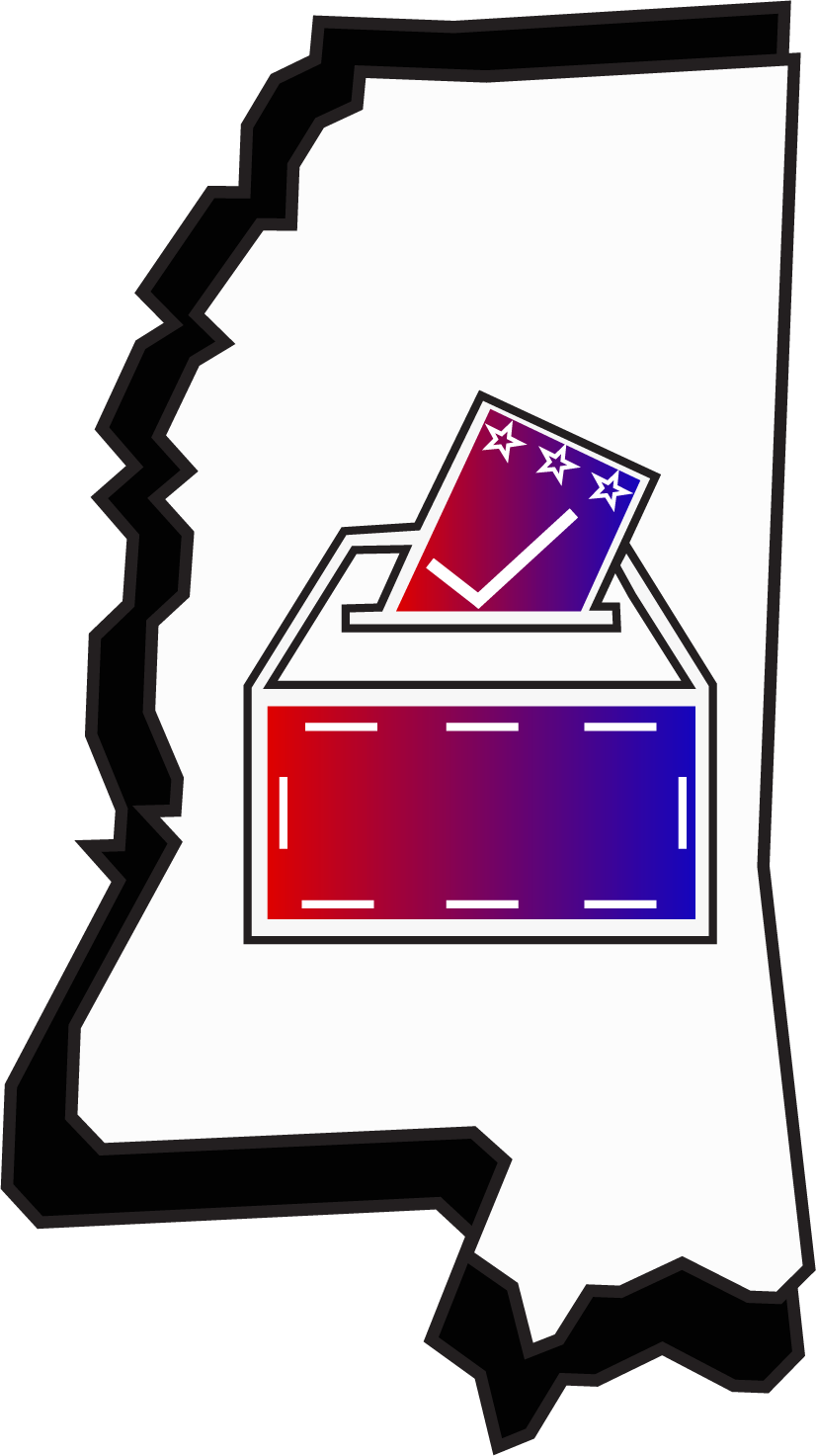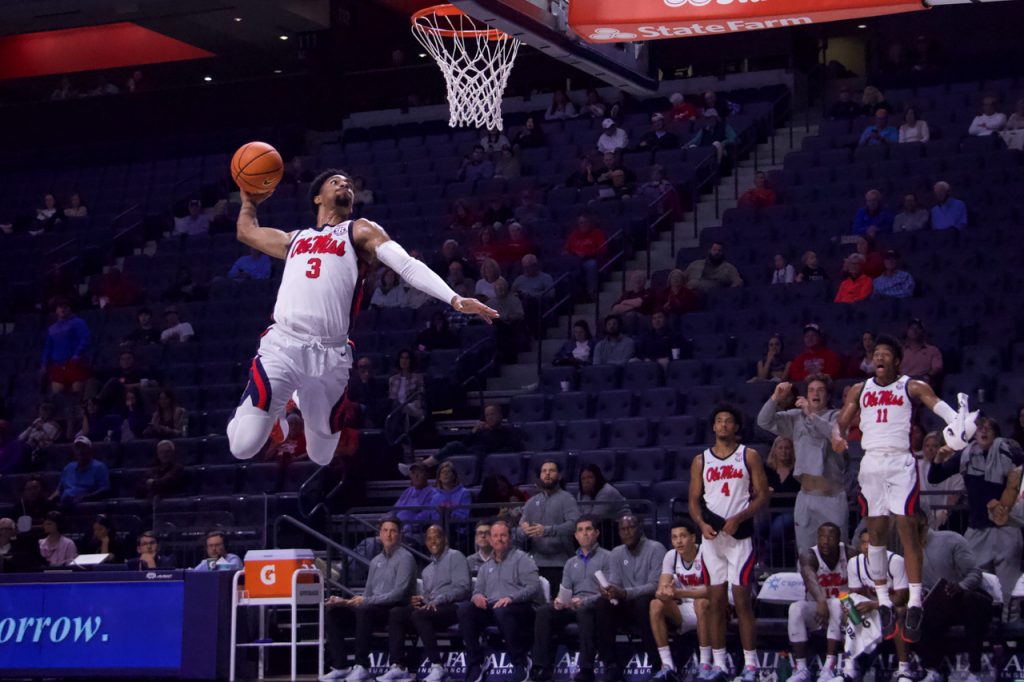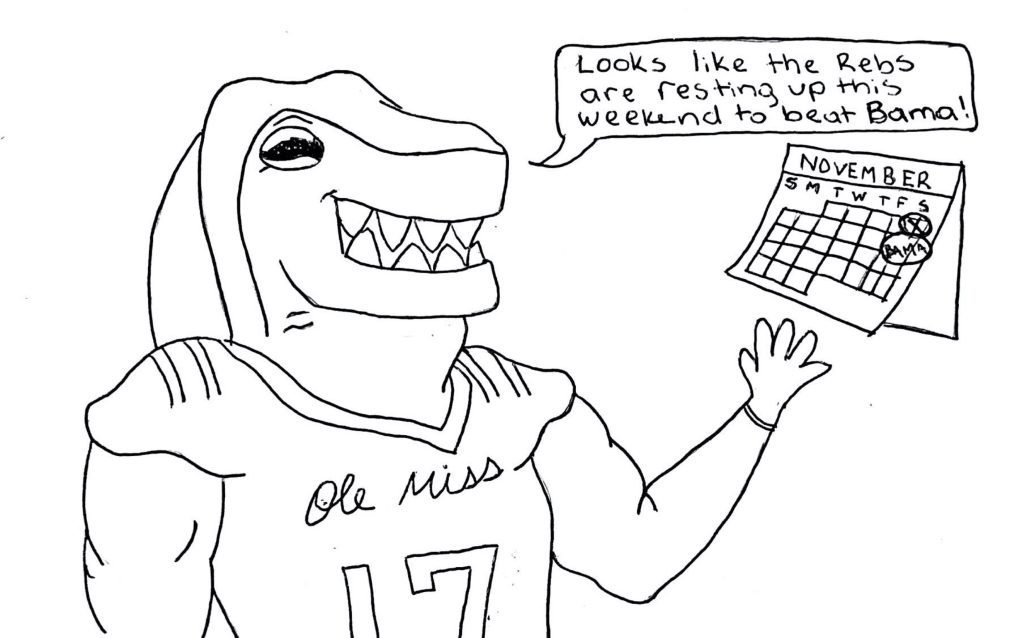
The voting season has generally been lax here in Mississippi, which isn’t a good thing. Even with seemingly less at stake, midterms matter.
That should go without saying, right? Not so much. It’s a well-known fact that midterm voting turnout has always been lower than general elections, which includes presidential candidates. Around 850,000 Mississippians voted in the gubernatorial election in 2019, the race between Tate Reeves and Jim Hood for executive office in the state. An even better 1.3 million Mississippians voted for presidential candidates in the 2020 election.
How did the 2021 municipal election fare? Local elections historically have an even lower turnout than midterm elections, and 2021 was no different.
Next Tuesday, U.S. House of Representatives seats, state legislature seats, judicial offices, district attorney positions and other important positions will be on the ballot. While some of the positions up for election may be lower on the totem pole, they are still important to the vital functions of the state. In many ways, these candidates could end up affecting your day-to-day life. That’s not necessarily hyperbolic, either. Many of the positions assist in decision-making and lawmaking at the federal, state and local level.
College campuses are an infinite source of politically opinionated young people. Still, voter turnout expectedly regresses in midterm elections amongst the expected age range of students.
Why?
Regardless of age, an issue regarding voting is that people often do not live where they are registered to vote. Students living in Lafayette County to attend the University of Mississippi must also be registered to vote in Lafayette County. It’s not easy or practical to drive a few hours back home for the purpose of voting. This is where absentee voting should be utilized.
Absentee voting is a godsend when used right. One can effectively cast a ballot from long range like some sort of responsible citizen marksman. Maybe a ballot three-point specialist? The hail mary voting equivalent? My point is the convenience of absentee ballots is ideal, efficient and accommodating. Many students do not know how to harness the powers contained within an absentee ballot because…they cannot obtain one?
Right.
Absentee ballots must be requested from the municipal court located in the county you’re registered to vote in. It’s an easy, straightforward fix: Call your circuit court and request they mail an absentee ballot to you. Time is of the essence. Get the ballot, fill it out and make the treacherous journey to the local post office by next Tuesday so your vote can be counted in time. If too late, your ballot will be sold to Russia in a fundraising effort to pay wages to hardworking Twitter bots (fact-checked). Kidding. But there is a lot on the line here.
I always hear peers talk about the older demographics that seem to control everything. They make all the rules, they tell us how to live, etc. Registered voters aged 25-64 vastly outnumber the population of people aged 18-24. They also have gradually shifting political attitudes directly correlated to age and status that influences them to research and vote more. Simply put, young people must mobilize if they want to be heard more.
It’s important to make a habit of political research and voting. An informed citizen is one who knows what they want and how to get it through voting. That may be a selfish viewpoint, but the American and state government function like a game with self-interests coming first. Those elected will serve and advocate according to constituents’ desires and beliefs in pursuit of coveted re-election.
If more citizens were informed, voters could begin to move away from the hyper-partisanship we have experienced more of in recent years. After all, democracy is our strongest, most legitimate weapon.
So, students, professors and staff alike, let’s unite and vote next week. This is my official, unbiased, nonpartisan endorsement of voting.
Justice Rose is the opinion editor. He is a sophomore majoring in journalism from Madison, Miss.















